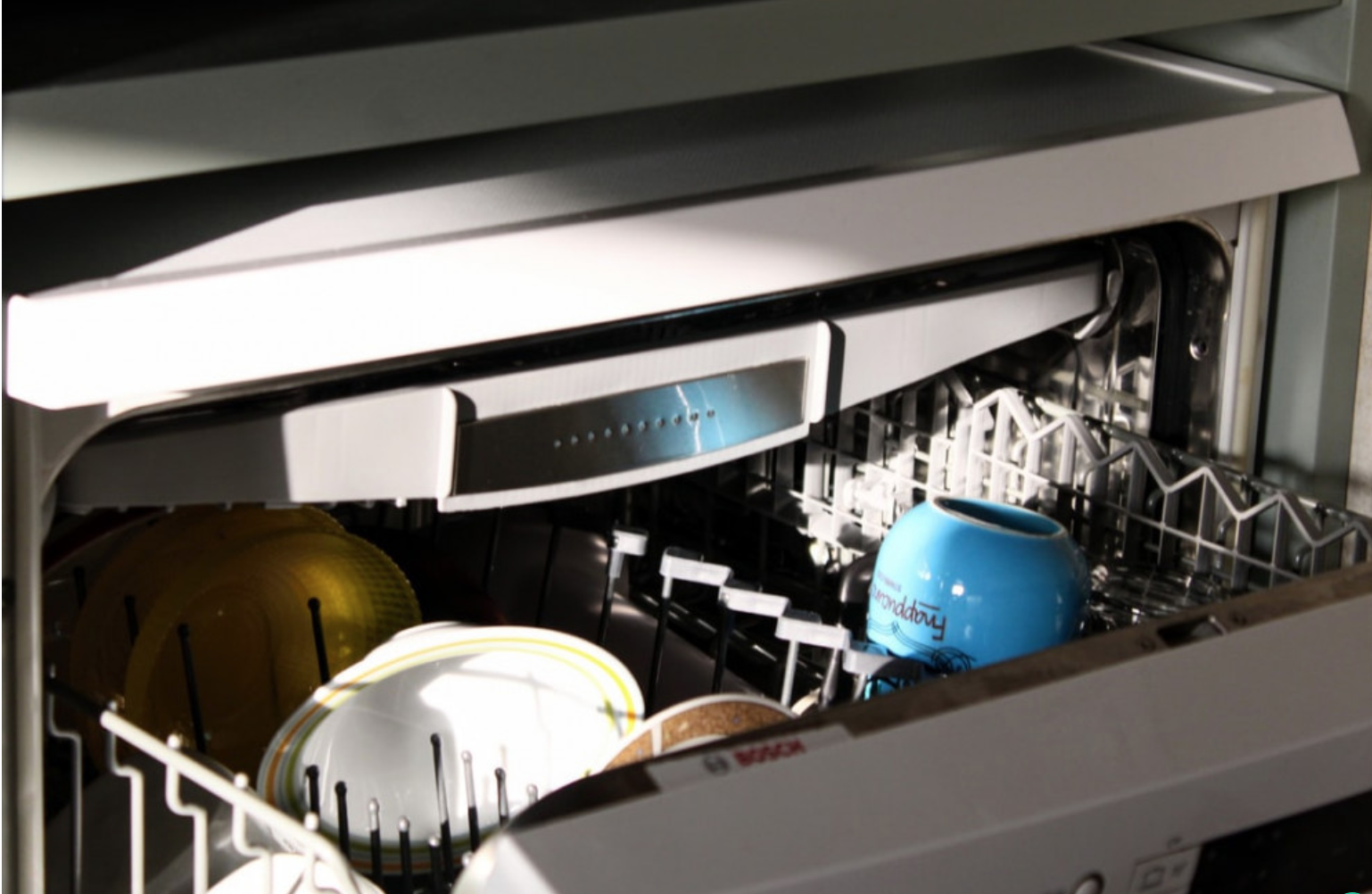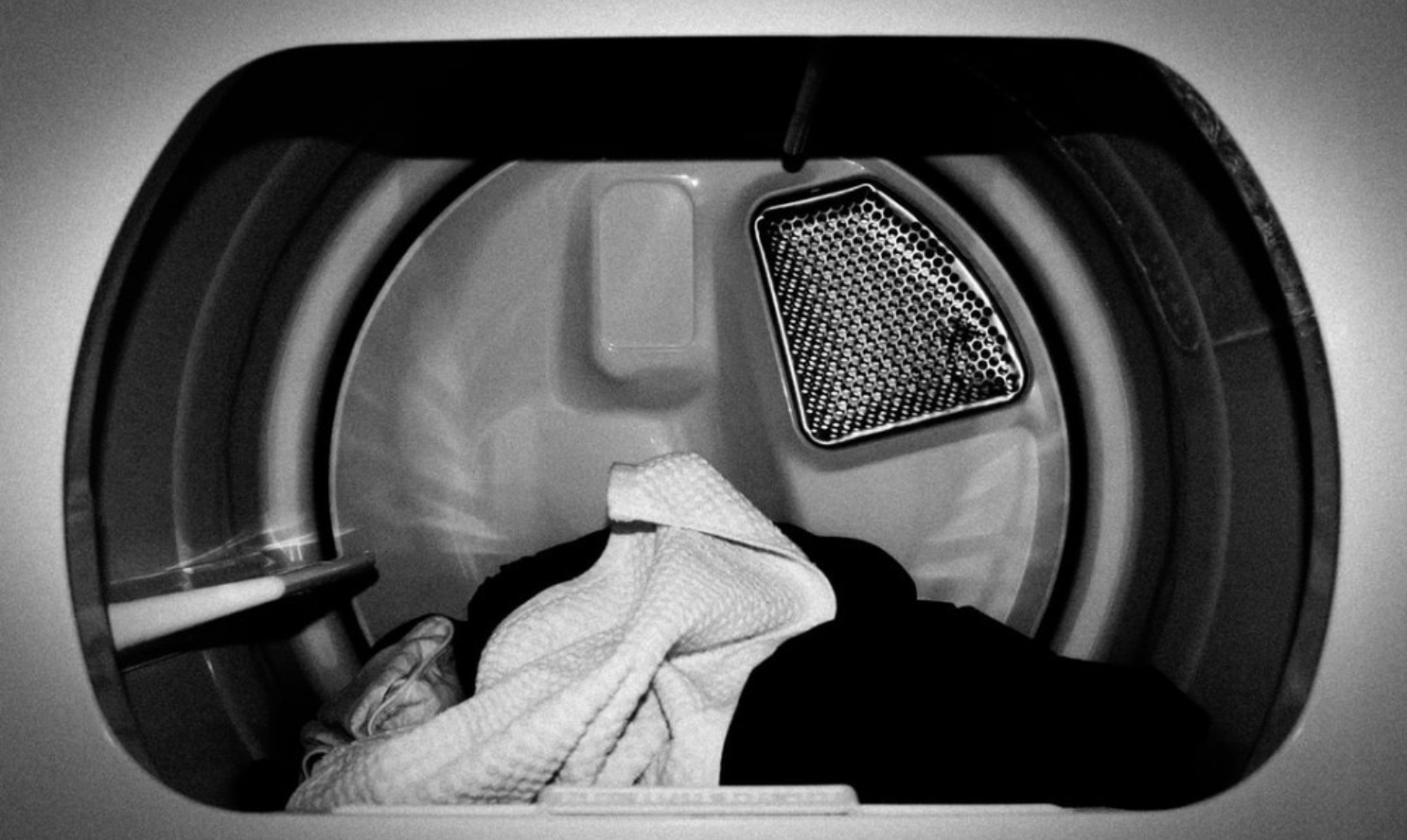I don’t know about you, but I don’t like cleaning dishes and find dishwashers to be little miracle machines. You will load your dishes, add the dishwashing detergent, choose the cycle, and turn it on. The dishwasher does the work on its own, and when it finishes, your dishes will be clean. A little miracle! But a question was bothering me, do dishwashers also heat the water?
Dishwashers heat the water as part of the cycle. First, they allow the water to be added, and they heat it to a temperature between 130 and 140 degrees. They open the detergent dispenser when it is time for it, and they shoot out the water to rinse the dishes. Then, they drain the dirty water before the cycle is over. Once they are finished washing, they heat the air to dry the dishes.
I think it is important to understand basic things of everyday items like dishwashers. Continue reading to learn how dishwashers heat the water and more.
How Do Dishwashers Get the Water Hot?
Most of the time, your dishwasher will be hooked up to your hot water. However, almost always the water is not hot enough and the dishwasher will further heat the water to 130 or 140 degrees Fahrenheit.
When it starts, it will usually fill up the basin at the bottom. The heating element will heat the water to 130 or 140 degrees Fahrenheit, and then a pump sends the water to the water jets, where it is sprayed on the dishes. It will open the detergent dispenser when it is time, and clean the dishes. Then, it will rinse everything off before draining the dirty water.
Sometimes, the dishwasher will rinse the dishes a second time before heating the air to dry them. You can also dry them without the heated air.
Why Is the Dishwasher Water Heated Twice?
When I first thought of this topic I wanted to also understand why we need to heat the water twice, once at the water heater and again when it reaches the dishwasher. I got the answer from this study, How Energy Efficient are Modern Dishwashers?
It turns out that in many cases, with each dishwasher cycle, some of the water is heated by the water heater, then cools off partially in piping, and then is reheated by the dishwasher.
How much the water needs to be reheated is mainly a function of the amount of water drawn per cycle and the length of plumbing to the dishwasher. But in general, it seems to be inefficient.
A recommended suggestion by the mentioned study is to hook cold water only to the dishwasher in certain scenarios and let the dishwasher heat the water by itself. Most modern dishwashers are capable of doing this. However, the user needs to be willing to wait for an additional 20-30 minutes longer dishwasher cycle times.
And I think that may be the deal-breaker for most households. Unless we can prove that there is a significant amount of energy savings, most people would not be willing to wait an additional 20-30 minutes to do the dishes.
Please let me know what you think in the comments section below.
Tips on Using a Dishwasher
Regardless of how much energy your dishwasher uses to heat the water, there are some best practices that will help you get the most out of your dishwasher.
- Don’t overfill it – You need to make sure that there is enough space that the dishwasher can clean the dishes.
- Place the dishes correctly – Make sure that you face the dirtier side of the dishes toward the spray jets. They usually come out from the center of the machine.
- Use dishwashing soap – Make sure that you use dishwashing soap that is made for dishwashers. You can’t use normal dishwashing soap because it will have too many suds and overflow the dishwasher. The right dishwashing soap will help to get rid of food that is stuck on the dishes.
- Add items that are dishwasher safe – Otherwise you may not like what you get after a wash.
- Use the dishwasher at night – During the day it will likely have to compete for water pressure.
- Consider using rinse aid – If you want to avoid having spots on your dishes after they are washed.
- Do not prewash your dishes – You will save water and energy by simply scraping major food leftovers and load.
But even when you are careful following best practices, issues will appear.
How Does A Dishwasher Work? And Troubleshooting Tips
This video from Repair Clinic provides information on how a dishwasher works and offers troubleshooting tips to assist you in diagnosing and repair.
Final Words
People know that dishwashers use hot water to clean the dishes. Although your dishwasher is often connected to your hot water valve, the dishwasher heats the water to temperatures between 130 and 140 degrees Fahrenheit. This is necessary to get the dishes clean and dissolve all of the food, bacteria, and grime. Dishwashers are common in most homes, and they are very energy efficient today. They save energy and water, and they do a great job of cleaning your dishes.
Related Posts:




